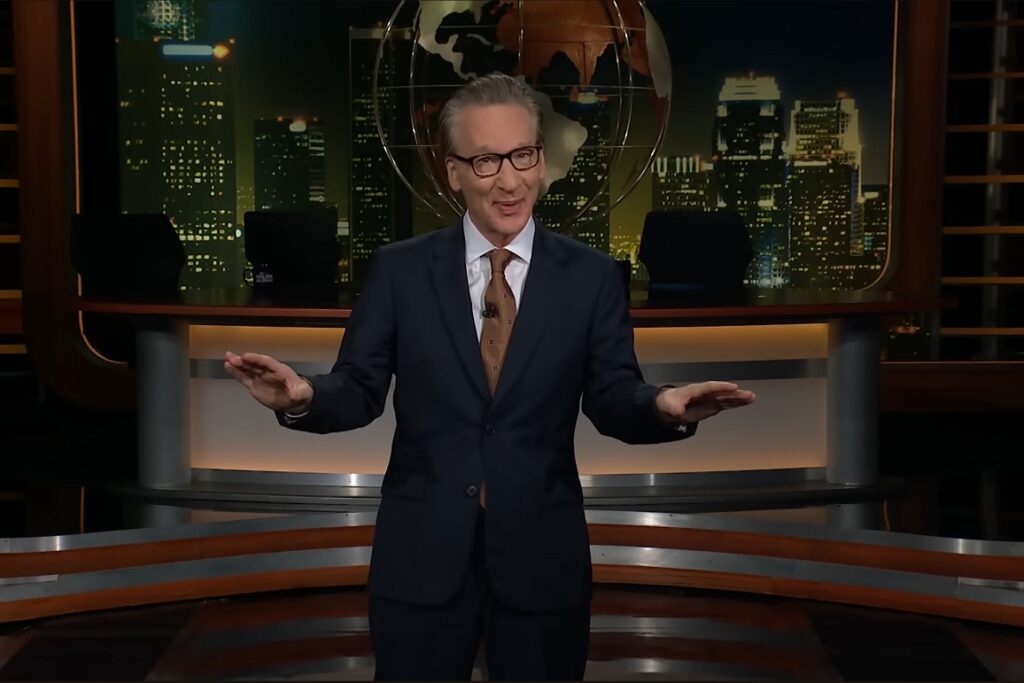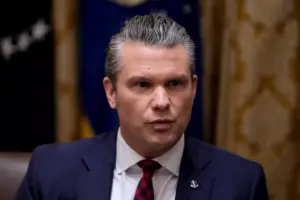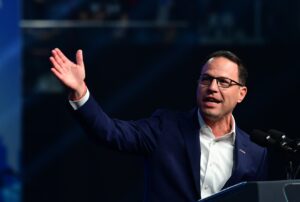
UPDATE: Donald Trump is reportedly considering a significant move to reschedule marijuana, potentially elevating it from a Schedule I narcotic to Schedule III. This change, if finalized, could bring cannabis closer to broader legalization in the United States.
According to multiple sources, Trump’s potential decision could reshape the political landscape, especially with his approval ratings at historic lows. Legalization of marijuana enjoys widespread support across political lines, making this a strategic maneuver for the former president.
During Friday’s episode of Real Time with Bill Maher, Maher leveraged the news to take a victory lap, humorously suggesting that he deserves credit for the potential policy shift. “You’ve heard of marijuana? Well, it’s forever… Trump is considering reclassifying it as a much less dangerous Schedule III drug,” Maher stated, emphasizing the absurdity of cannabis being categorized alongside drugs like heroin.
This development follows earlier initiatives by President Joe Biden, who announced plans in May 2024 to reclassify marijuana to Schedule III. However, that initiative was left incomplete when he exited office.
While Maher jested about taking credit, the potential rescheduling of cannabis marks a critical step forward for advocates pushing for legalization. As the conversation around marijuana evolves, this could significantly impact countless Americans who support legalization for both medical and recreational use.
As discussions heat up, the implications for the cannabis industry and public health are profound. If Trump moves forward with this rescheduling, it could lead to more states considering legalization, influencing both local economies and social justice reforms.
What happens next? Stakeholders in the cannabis industry, along with political analysts, are closely monitoring this situation. With midterm elections approaching, how Trump navigates this issue could play a pivotal role in shaping voter sentiment.
Stay tuned for real-time updates as this story develops. The potential rescheduling of marijuana could be just the beginning of a transformative shift in U.S. drug policy.






